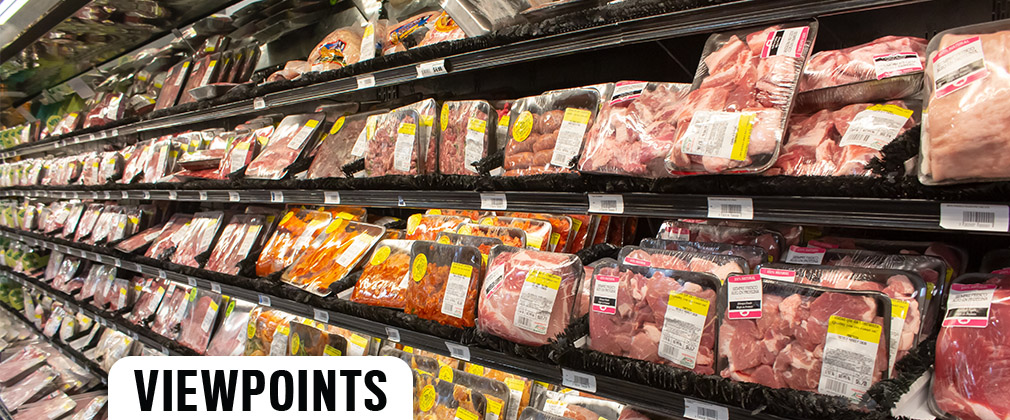Sorry, but we need a transformation of agriculture
Last month, the New York Times published a guest essay by journalist Michael Grunwald in which Grunwald acknowledges the harms of industrial agriculture. In the essay, “Sorry, but this is the future of food,” Grunwald recognizes the harms —“It’s eating the earth,” he writes—but concludes that it’s a necessary evil. He writes, “But industrial agriculture in particular has one real upside: It produces enormous amounts of food on relatively modest amounts of land.”
Keeve Nachman, professor and associate director of CLF, drafted a response to the letter, with weigh-ins from team members Patti Anderson, Brent Kim, and Tom Philpott, and submitted it as a Letter to the Editor. The newspaper declined to publish the letter, but we feel it’s important to publish our dissent here.
Re: “Sorry, but This Is the Future of Food,” By Michael Grunwald
I can’t join Mr. Grunwald in his call for a “vibe shift” to come to terms with the presiding form of agriculture as a necessary and acceptable form of evil. He arrives at this conclusion based on an argument of efficiency that takes a narrow view of the “mess” associated with how we produce food. While our system is stunningly efficient at producing cheap milk, meat and eggs, it also has a well-documented relationship to serious public and planetary health issues — from pandemic-potential pathogens like H5N1 to antibiotic resistance, to air, water, and soil pollution that can make people sick.
Many of us don’t have to face the consequences of this mode of production, because the burden is disproportionately shouldered by rural communities and agricultural workers, who are often low-income people of color. Mr. Grunwald dismisses the notion that people may be willing to increase the amount of plant protein in their diets, which would lower demand and help enable us to repurpose farmland that would have otherwise been used to grow feed for animals. In doing so, we could truly advance a transformation of agriculture and make it possible for people to give plants a bigger role in their diets. The future of food — and public and planetary health — depends on it.
